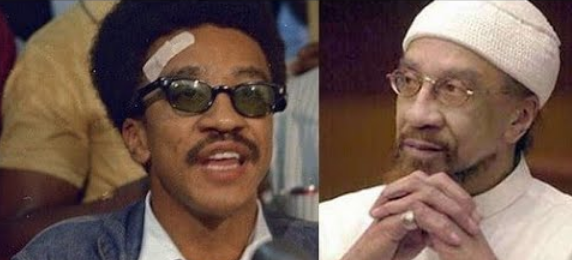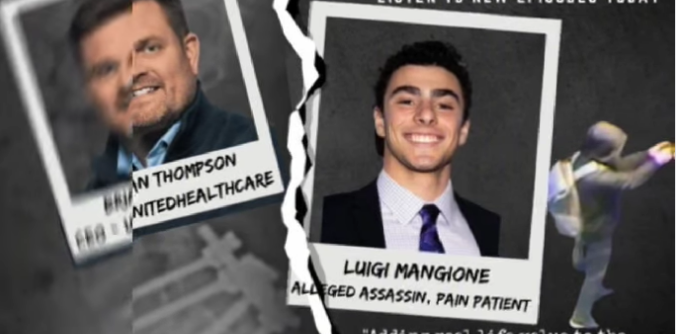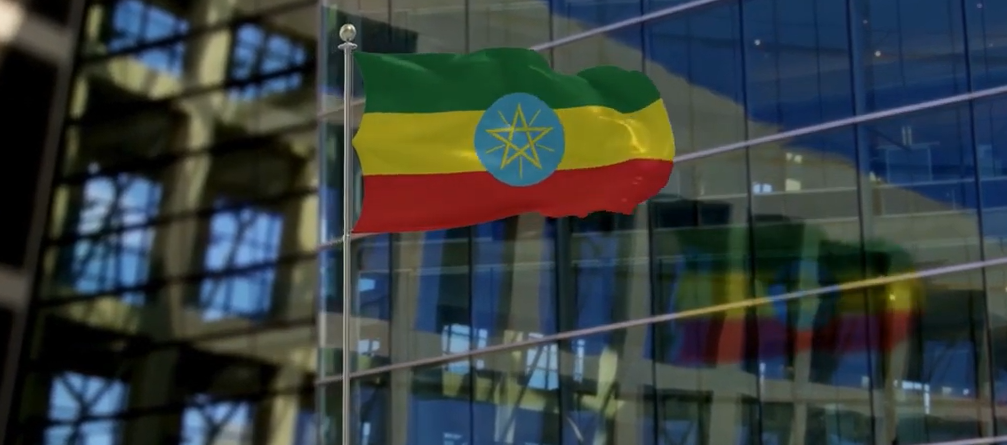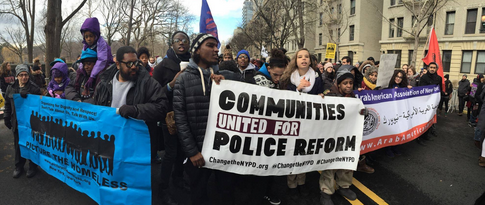[National]
Statements by New York elected officials and organizations regarding the 50th anniversary of the assassination of of President John F. Kennedy in Dallas, Texas.
New York Attorney General Eric T. Schneiderman: “Fifty years ago today, our nation lost an inspirational leader who embodied the hope, optimism and values of our nation. President John F. Kennedy represented the quintessential American belief that we are better as a nation when we work together to accomplish great things. Together with the civil rights and progressive activists of his time, President Kennedy worked to promote a vision of America that grows more just, more equal and more prosperous with each generation. Today, those of us who pursue the same goals should pause to remember the great leader he was and renew our fight to bring that same vision to New Yorkers and the people of the United States.”
New York City Comptroller John C. Liu: “Fifty years after President John F. Kennedy was assassinated we still mourn the loss of his unfulfilled vision, but we celebrate the legacy he left us. He challenged America to be better by calling on us not just to serve our country, but to serve humanity. President Kennedy embodied the hopes and dreams of immigrants who came to this country in search of a better life. My parents were among the millions who took his message into their hearts. They were so inspired by his example that they named me and my brothers, Robert and Edward, after President Kennedy and his brothers. We honor him today and strive to keep his energy and vision alive in our hearts and actions.”
The National Minority Business Council (www.nmbc.org): While many Americans who lived through the short administration of the charismatic and idealist young President should remember the groundwork that President Kennedy laid for advancing Civil Rights Federal Legislation, far fewer probably can recall the equally courageous men and women whose unflagging tenacity inspired the President to take the political risk that he did to help make “the Dream” of Martin Luther King become a reality.
President Kennedy struggled with how and when he would present to Congress and the American people expanded Civil Rights legislation which a majority of Americans in 1963 would view as far less important than other issues facing the country, including tax reform and the country’s creeping involvement in Viet Nam.
That all changed on June 11th, 1963, when the young President watched on television then Alabama Gov. George F. Wallace blocking the entrance of the University of Alabama in Tuscaloosa from being entered by two courageous black students attempting to get the same education as their white classmates. He sent his brother Bobby, the United States Attorney General, and Nicholas Katzenbach, the deputy attorney general, to inform the Governor that, in the name of the President of the United States, he was ordered to “cease and desist”. But it took the National Guard being federalized before Wallace surrendered and literally stepped aside to allow the students to enter.
That evening, watching the television news coverage of the day’s events, the President finally found the right time and words to address the American public about the need for expanding civil rights for all Americans:
“This is not a sectional issue…Nor is this a partisan issue…This is not even a legal or legislative issue alone…We are confronted primarily with a moral issue. It is as old as the Scriptures and as clear as the American Constitution.
If an American, because his skin is dark, cannot eat lunch in a restaurant open to the public, if he cannot send his children to the best public schools available, if he cannot vote for the public officials who represent him…then who among us would be content to have the color of his skin changed? Who among us would then be content with counsels of patience and delay?
I am, therefore, asking the Congress to enact legislation giving all Americans the right to be served in facilities which are open to the public – hotels, restaurants, theatres, retail stores and similar establishments…I am also asking Congress to authorize the Federal government to participate more fully in lawsuits designed to end segregation in public education…other features will also be requested including greater protection for the right to vote.”
President Kennedy’s courageous act cost him a 13% drop in his approval rating, from 60% to 47%. Many will argue it also cost him his life less than 100 days later.
It’s the behind the scenes negotiating and the power of the presidency that probably most Americans, no matter the color of their skin, realize or, if they were alive during the Kennedy “Camelot” era, remember. It took extraordinary planning and coordination over the course of just three months to successfully produce the peaceful March on Washington on August 28th. Although for many of the organizers and the estimated 250,000 peaceful demonstrators, it took a lifetime for this day to be realized.
The most elder civil rights advocate organizing the March on Washington was finally seeing his dream come true. A. Philip Randolph, 74 at the time, had launched the “March on Washington Movement” in 1941, urging then President Franklin Delano Roosevelt to expand the God-given equal rights of all Americans. Randolph chose as his deputy organizer Bayard Rustin, a controversial but brilliant organizer, African American and openly Gay man. Whitney Young, the dynamic young leader who truly brought the National Urban League to national prominence forced the President’s hand to make a commitment to the March on Washington. Dr. Martin Luther King, most famously associated with the March, was the “star attraction”. Watching and listening by television to Dr. King’s “Dream” speech was the first that President Kennedy saw in its entirety the power of his fellow great orator.
Only absent from the organization was another dedicated Civil Rights leader, Medgar Evers, shot dead in his driveway the very same day that Gov. Wallace had to back off from his University standoff.
What all of these men – Randolph, Young, King and, just this week, Rustin – have in common is that they are all recipients of the Presidential Medal of Freedom, the highest civilian award, along with the Congressional Gold Medal. Coincidentally, the Award was established by President Kennedy who didn’t live to see the day that he could honor its first recipients. So today we don’t just remember one of the darkest days in American history, today we salute and remember a courageous young President who assumed political risk to change the course of history. Mr. President, the National Minority Business Council salutes your Profile in Courage.
Medgar Evers College www.mec.cuny.edu: Today, Medgar Evers College remembers the life and legacy of John Fitzgerald Kennedy, the 35th President of the United States of America. Fifty years ago, on this day in November, President Kennedy was assassinated in Dallas, Texas.
To commemorate the 50th anniversary of his death, President Barack Obama ordered flags to be flown at half-staff and has declared today a Day of Remembrance. “With broad vision and soaring but sober idealism, President John F. Kennedy had called a generation to service and summoned a Nation to greatness,” the President stated in his proclamation. “Today, we honor his memory and celebrate his enduring imprint on American history.”
Medgar Evers College will honor the significant historical contributions of President Kennedy on campus today by also flying flags at half-staff.







